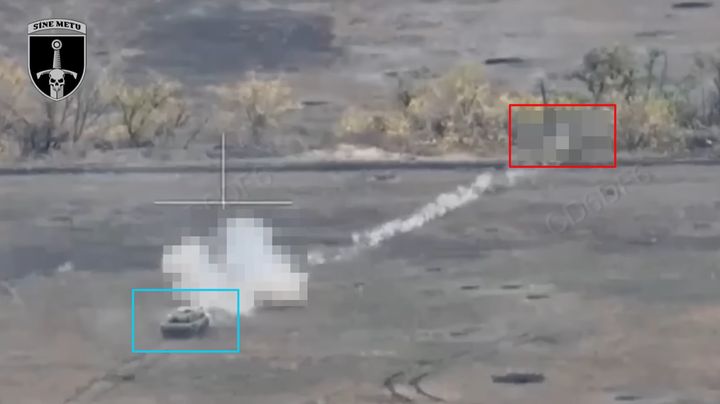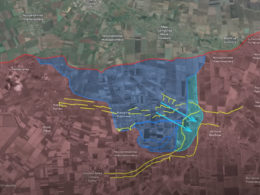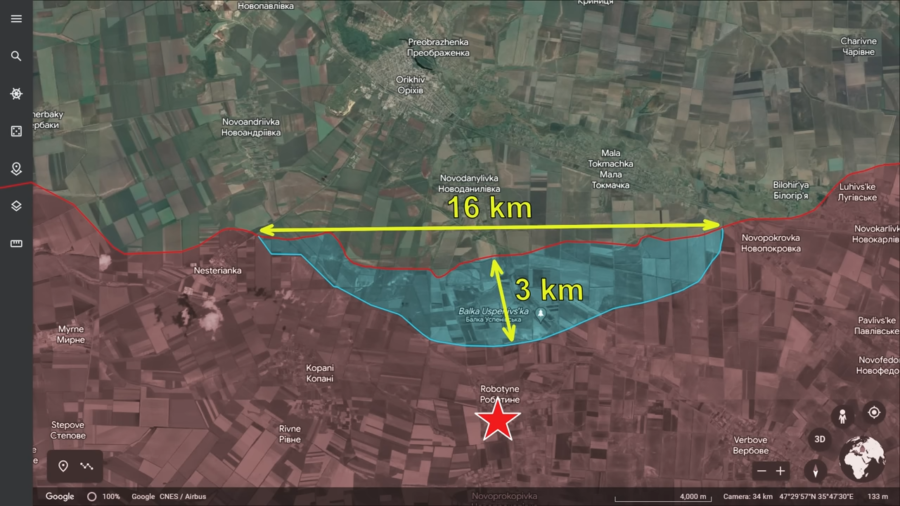Today, the most important updates come from the Kurakhove direction.
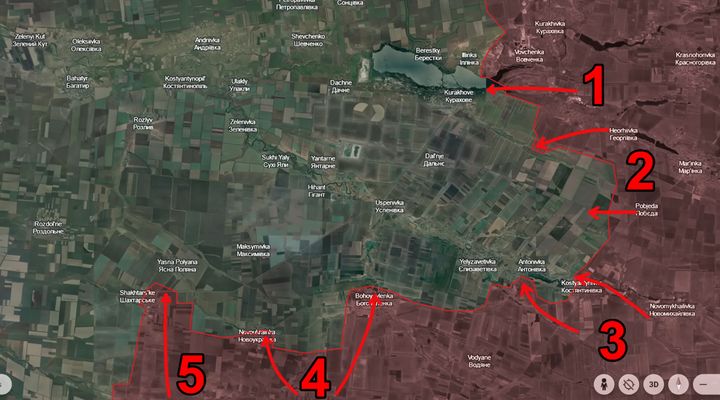
Under intense pressure from a sweeping Russian offensive, Ukrainian forces in the Kurakhove salient face significant risks as they work tirelessly to stabilize the situation across multiple attack vectors. With fortified defensive positions, targeted counterassaults, and the deployment of advanced equipment, Ukrainian troops strive to hold their ground and avert a Russian breakthrough that could jeopardize operational-level control.
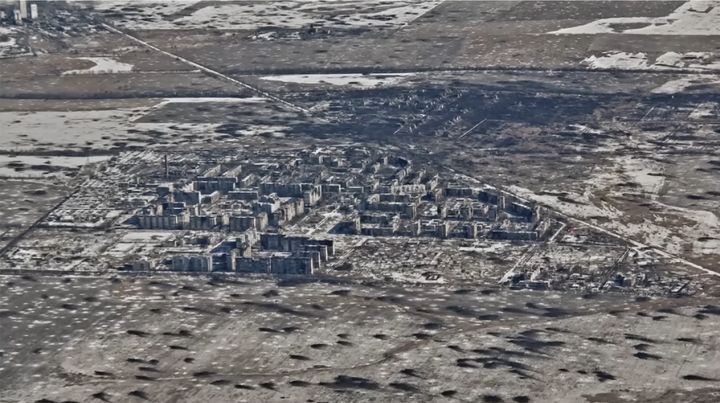
Following the capture of Vuhledar, Russian forces have sought to sustain and intensify their offensive momentum in the area. In recent days, they have launched a large-scale assault across five attack vectors, aiming to encircle Ukrainian forces within the emerging salient.
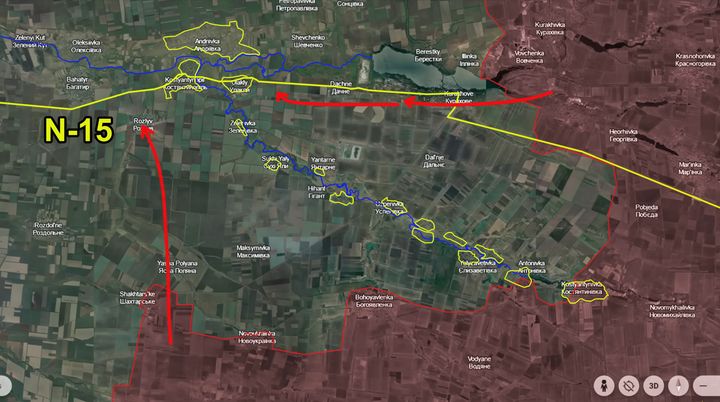
The salient primarily spans flat terrain, lacking significant elevation, with the Sukhi Yaly River as the only notable geographic feature. This river cuts through the center of the salient, flowing alongside a series of connected settlements. Consequently, Russian forces have been advancing both north and south of the river. More critical, however, are the logistical routes, particularly the N-15 highway from Zaporizhzhia to Kurakhove. If this route is compromised—either by an advance directly from Kurakhove or from southern attack vectors—it would severely threaten Ukrainian supply lines across the region.
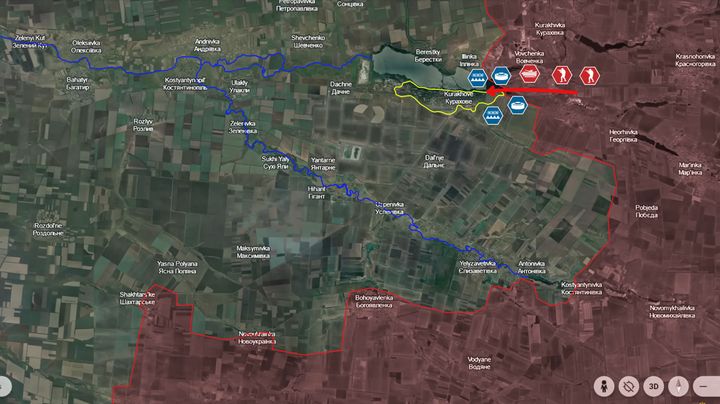
In the northern part of the salient, the primary attack direction targets Kurakhove, where Russian forces aim to establish a foothold and begin the battle for the town. Positioned at Ostrivske and Maksymilianivka, Russian troops are limited to advancing along a single, heavily fortified and mined route to Kurakhove, tightly guarded by Ukrainian forces.
Despite continuous mechanized assaults, Ukrainian defenders have prepared formidable defensive positions within Kurakhove. After several attempts, isolated Russian units managed to breach the town's outskirts, but their supply lines were cut, leading to their elimination. Since then, the situation in this sector has stabilized.
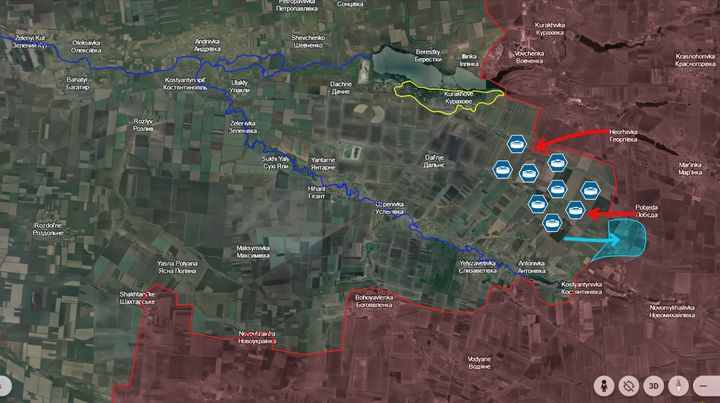
South of the main northern vector, the second offensive axis originates from Heorhiivka and Pobieda. This area remains relatively stable, underscored by a recent Ukrainian advance southwest of Pobieda. Russian forces largely avoid the heavily mined zones here, focusing instead on concentrated efforts to infiltrate through aligned settlements where resistance may be lighter.
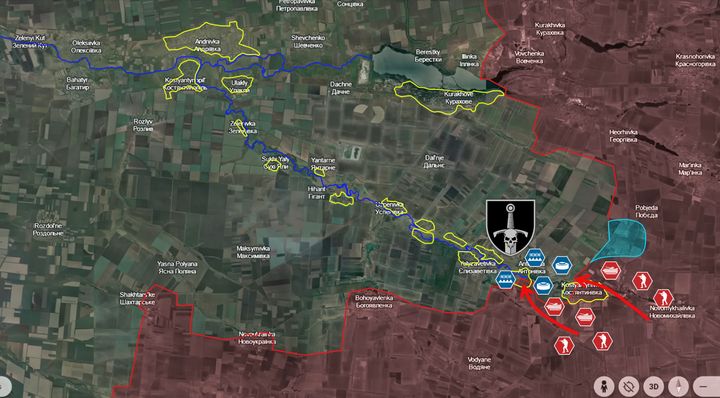
The third attack vector focuses on advancing through a line of settlements toward Kostiantynivka and Yelizavetivka, where intense fighting has stalled Russian progress. Even before reaching these settlements, Russian forces must push through dense tree lines that serve as a natural barrier. Ukrainian defenses in this sector include some of their most capable units, notably the 33rd Mechanized Brigade.
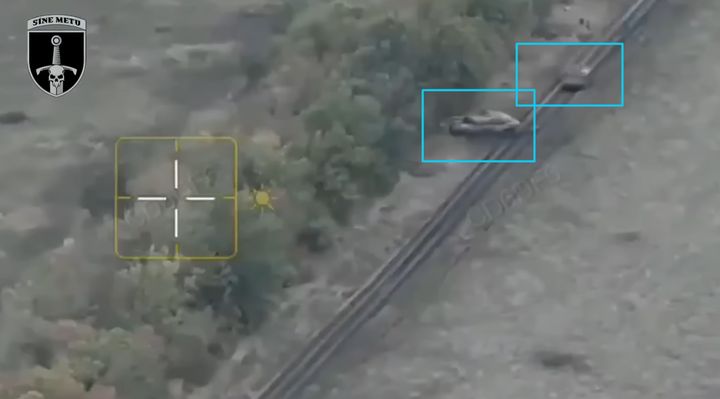
According to their spokesperson, Nazar Voitenkov, Leopard 2A4 tanks are now deployed to neutralize enemy trenches, fortified sites, and any reclaimed Russian positions. Recently geolocated footage shows two Leopard 2A4s moving toward Russian positions in a tree line, launching close-range attacks that devastate the target. After completing the assault, the tanks withdraw, continuing to provide suppressive fire.
Trending Now
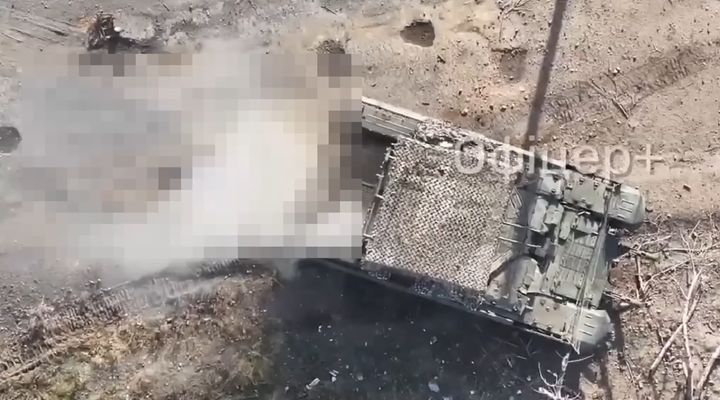
Ukrainian forces are not alone in deploying advanced equipment. Recent geolocated images reveal that Russian forces have moved one of their remaining BMP-T "Terminator" units to the area. Known for its high fire intensity, this rare armored fighting vehicle is designed to lead assaults alongside tanks, using its automatic cannons to suppress infantry. The presence of the Terminator in this region signals Russia's high-priority intent to push forward along the line of settlements.
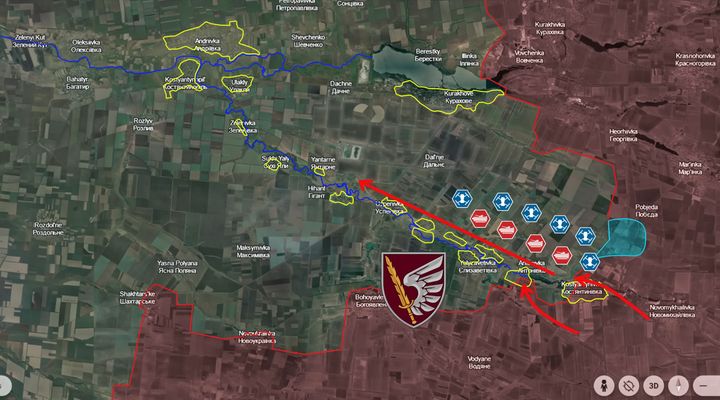
This time, paratroopers from the 79th Separate Air Assault Brigade successfully destroyed the Terminator using Mavic 3 drones equipped with grenade payloads. First, they immobilized the vehicle by targeting its engine and transmission compartment, effectively bypassing its "anti-drone" grid defenses. The 79th Brigade later confirmed the complete destruction of the rare BMP-T.
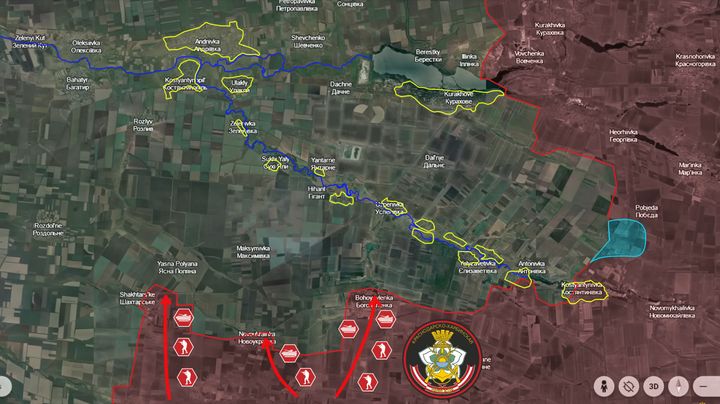
At the southern edge of the salient, the fourth and fifth attack directions branch into multiple vectors: one toward Trudove, another toward Maksymivka, and a third toward Yasna Poliana. Here, Russian forces, spearheaded by the 40th Naval Infantry Brigade, exert intense pressure. Following substantial gains at Bohoyavlenka and Yasna Poliana, Ukrainian forces were compelled to withdraw from Novoukrainka due to exposure to crossfire from multiple vectors and the imminent risk of encirclement.
Ukrainian forces continue to struggle to stabilize the southern part of the salient, where Russian advances have been most pronounced in recent days. The immediate Russian objective is clear: to reach the N15 Zaporizhzhia-Donetsk highway. Securing this route would critically disrupt Ukrainian logistics across the salient, potentially forcing a full Ukrainian withdrawal from the region.
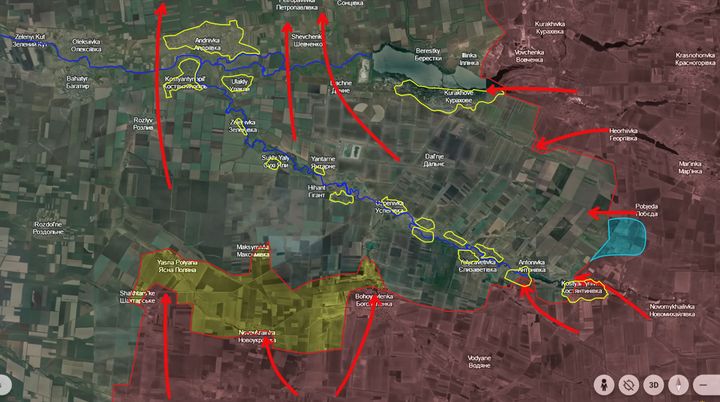
Overall, since the fall of Vuhledar, Russian forces have intensified efforts around Kurakhove, seeking to capitalize on their momentum while racing against the onset of heavy rains and mud. Current estimates suggest that up to one-third of Russia's total offensive activity on the front line is concentrated here. Conditions along the salient are uneven: the northern sectors are relatively stable, while Ukrainian forces face mounting pressure in the south, particularly at the pincer's edge.
Holding this salient is critical for Ukraine. If Russian forces clear it entirely, they could link this advance to operations further north targeting the strategic city of Pokrovsk, achieving a substantial push toward the Donetsk regional border. In the coming days, Ukrainian forces will aim to stabilize the situation and put the Russian momentum to a halt.
In our regular frontline report, we pair up with the military blogger Reporting from Ukraine to keep you informed about what is happening on the battlefield in the Russo-Ukrainian war.

